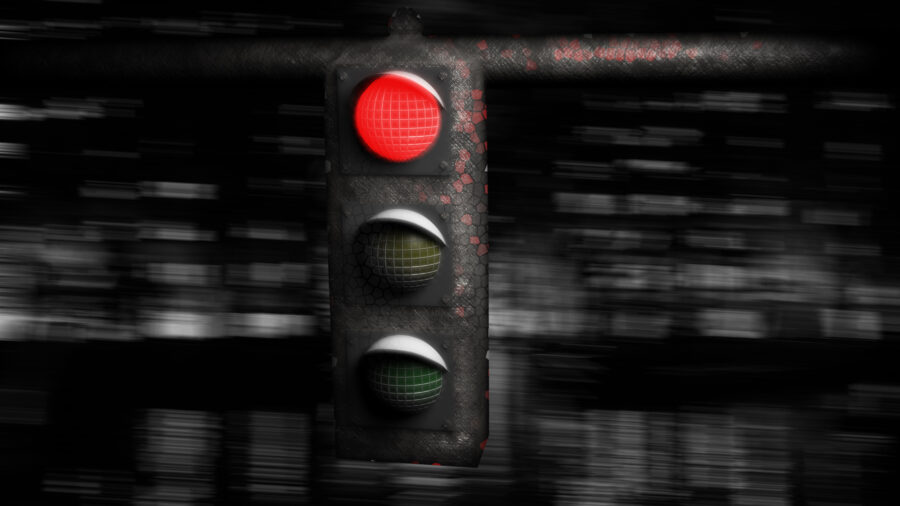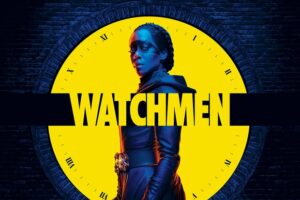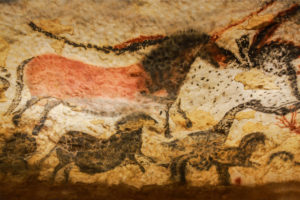On days like this one, we feel it more, we see it more.
Some of us may only see, while others are closer and may feel. We don’t always get to choose which of the two we are. But once you are of those that feel, you cannot go back to merely seeing.
A day of tragedy, loss, violence. A run of events beyond our control, with images that are available for all to see, but not all may feel. This feeling being a mixture of pain and loss, anger and disgust, wounds that cry to be healed. An act so unexplainable unleashes a hurricane of grief that prove how weak our hands are to heal, and how empty our words are to soothe. Money cannot pave over this rupture, and thus our greatest idol is reduced to silence.
And so we see it, this unobservable yet unavoidable it, called “darkness” or “brokenness” by many. And on days of tragedy its ubiquity pummels us, whereby we are reduced to groans too deep for words; we see the chaos, but a solution eludes us. To describe the situation using the title of a novel: Full Dark, No Stars. Chaos and nothingness—tohu wa-bohu—has taken command.
Which is why only from beyond ourselves, beyond the darkened stage upon which we perform, comes a proclamation, a word of authority to dissolve the anarchy. It is spoken from glory by messengers of glory, to those who have lost all conception or desire of glory—humanity. The proclamation is peace, a message which will be shown through acts of power to bind up the broken and to fill the empty. Instead of the emptiness overcoming all things, God will be all in all.





Leave a Reply
Your email is safe with us.